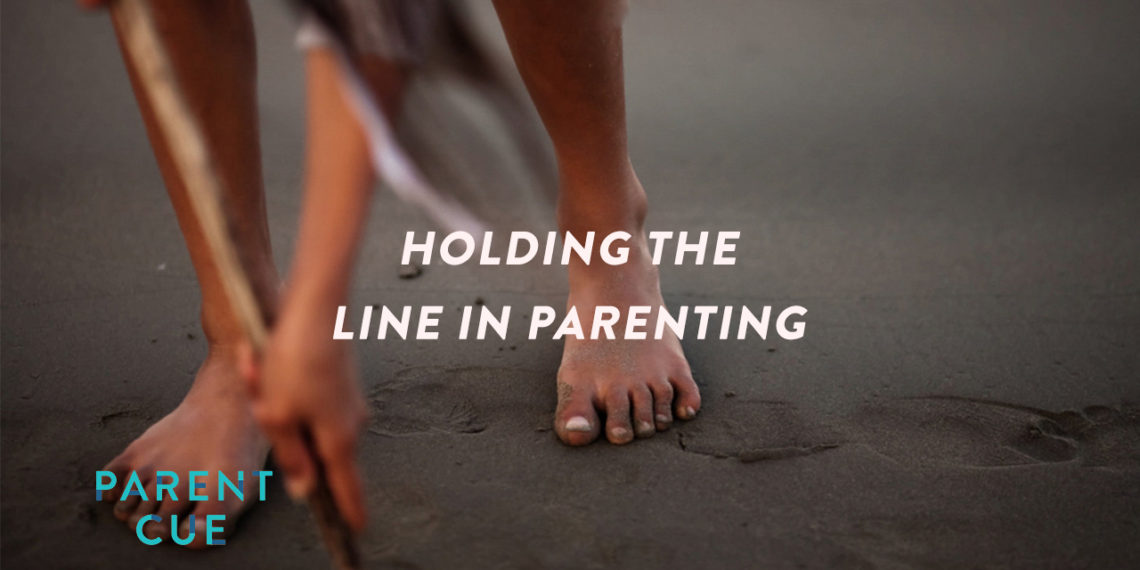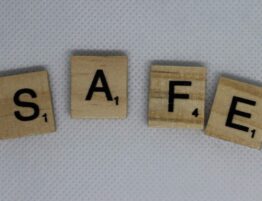
You can see the intensity and fear in the eyes of the Scottish troops. Some of the troops want to break the line and run. . . The battle is too great. . . The situation is too much to handle. But Wallace knows that if they hold this line until the right moment, they will ultimately win the war.
As crazy as it might sound, in some ways this scene reminds me of what it’s like to parent a child who is edging across the line of obedience. While we may not exactly be fighting alongside our children for the future of the Scottish Highlands, we are fighting for the future of our kids.
Training a child in discipline and obedience requires some of what the Scottish army had that day. Here are three things we need to avoid when we are trying to hold the line with our kids:
1. Bad Math
Many of us use the counting method to get our children to comply. We say things like, “If you don’t go to your room by the count of three, you’ll be in big trouble.” Then, we start counting and typically our children will step into the room right AFTER we say “Three.” (Or we have to start counting by decimals). If we are in the business of training our children how to respond when they are adults, then immediate obedience is what we should strive for. When your child becomes an adult and gets stopped for their first speeding ticket, will the police officer say things like, “You have to the count of three to give me your driver’s license. . .“One, Two. . ?” Of course not. Let’s not use bad math.
2. Fuzzy Lines
When choosing a consequence for a child, you are drawing a clear line in the sand for your child to see and understand. When your child crosses that line, you have a choice. You can, like Wallace, hold the line despite the difficulty, knowing it will give you the greatest chance to win the battle, or you can move the line which seems easier in the short term but will have greater consequences long-term.
3. Slides
Follow-through is key in these moments. When we tell our children what the consequence will be when they don’t make the wise choice, we must follow through and avoid making accommodation: “I’ll let it slide this time.” When you let it slide, you allow your child and the practice of obedience to slide further away from you.
Avoiding these things will be tough, but remember, you are in the business of training adults. Until then, you are the adult, you are their leader who knows what’s best for them in the long run. So, hold the line by earning their trust, and requiring their obedience.





